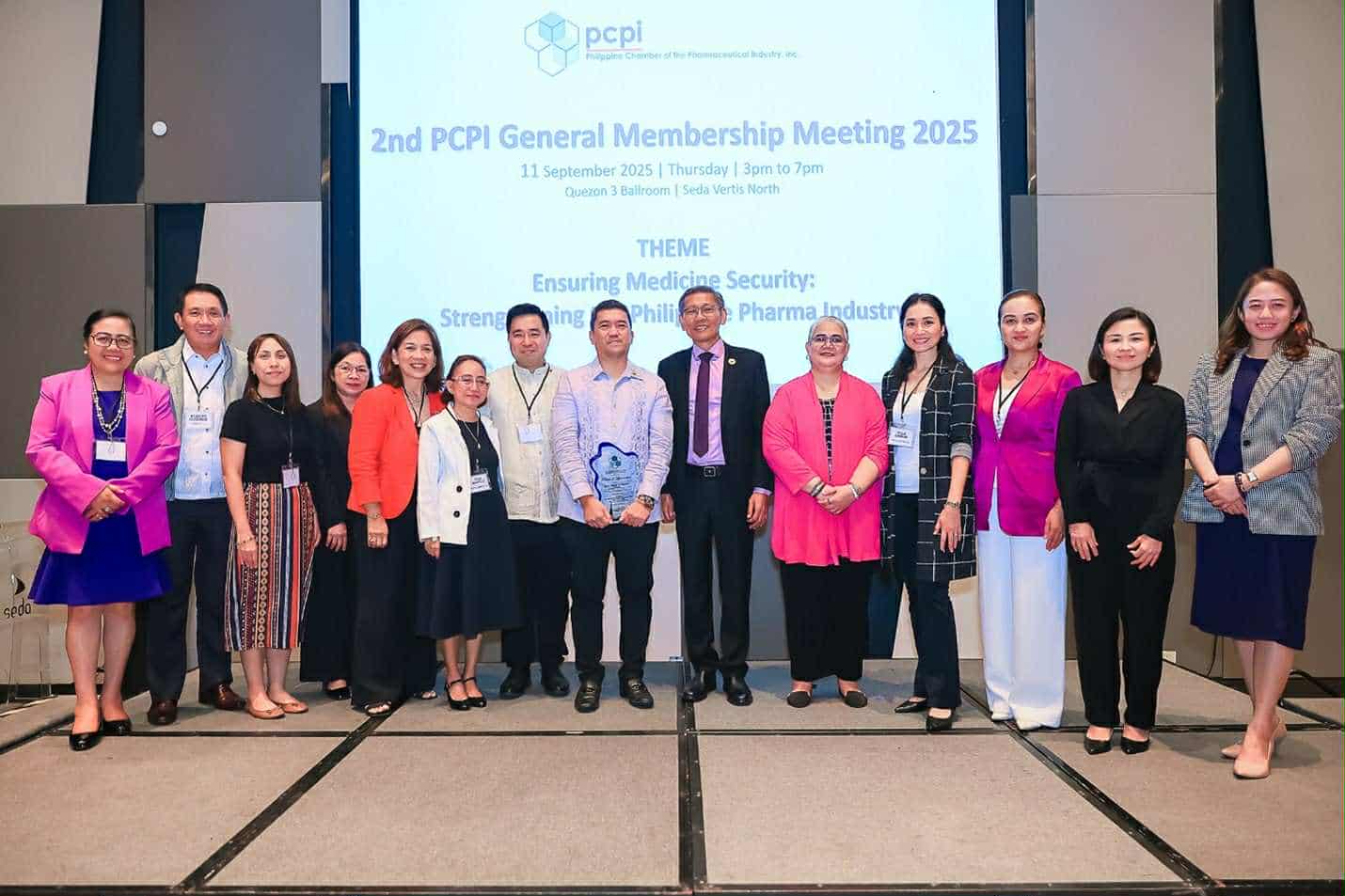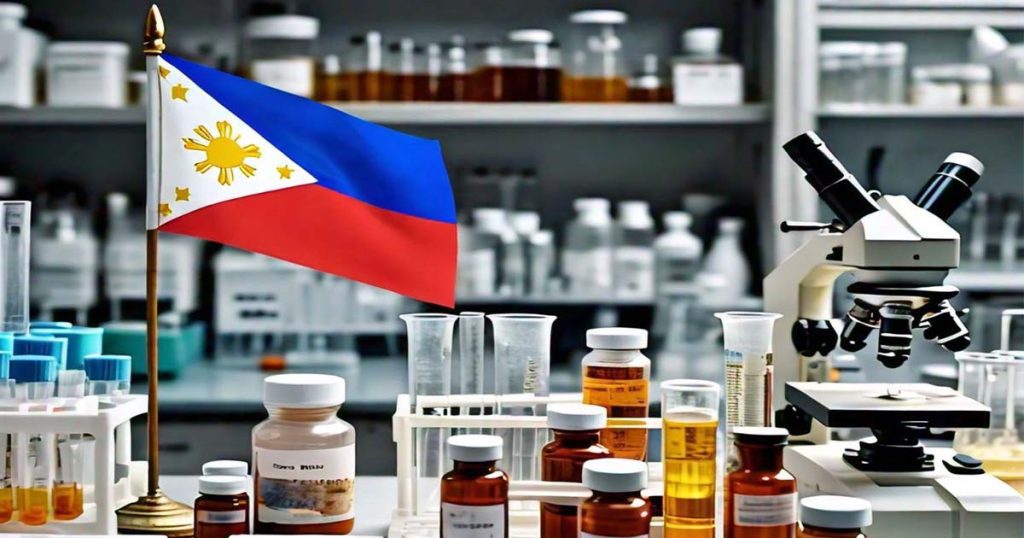The country’s efforts to ensure a stable and secure supply of essential medicines have received a significant impetus following recent assurances from both government and industry leaders to strengthen the public-private partnership (PPP) framework in the health sector. This renewed commitment focuses on addressing long-standing vulnerabilities in the country’s medical supply chain, which were starkly exposed during recent global health crises, prompting an urgent need for greater domestic self-sufficiency.

A primary goal of this enhanced partnership is to promote and incentivize local pharmaceutical manufacturing. By creating a more favorable regulatory and investment environment, the government seeks to encourage private firms to expand their production capabilities, particularly for crucial and commonly used generic drugs. This shift away from heavy reliance on imported medicines is viewed as fundamental to insulating the country from international supply shocks, geopolitical instability, and volatile currency fluctuations that can quickly drive up the cost of life-saving treatments.
Key components of the enhanced PPP include collaborative initiatives on research and development, particularly for tropical and endemic diseases prevalent in the region. Furthermore, industry stakeholders are working closely with health agencies to streamline the processes for drug registration, quality assurance, and distribution. The government, in turn, is pledging to create predictable procurement pipelines and utilize its buying power to guarantee a stable market for locally produced pharmaceuticals, thus de-risking private investment in production facilities.

Experts suggest that a robust medicine security strategy is not merely about maintaining inventory; it is about building resilience. By leveraging the efficiency and technology of the private sector alongside the regulatory power and broad reach of the public health system, the Philippines aims to establish a reliable national buffer. This synergy is crucial for preparedness against future pandemics or disasters, ensuring that access to medicines remains equitable and uninterrupted for all Filipinos, regardless of economic status or geographical location. The consensus is clear: securing the nation’s health future requires collective action and sustained investment from both the public and private spheres.
With additional report: malaya.com.ph







